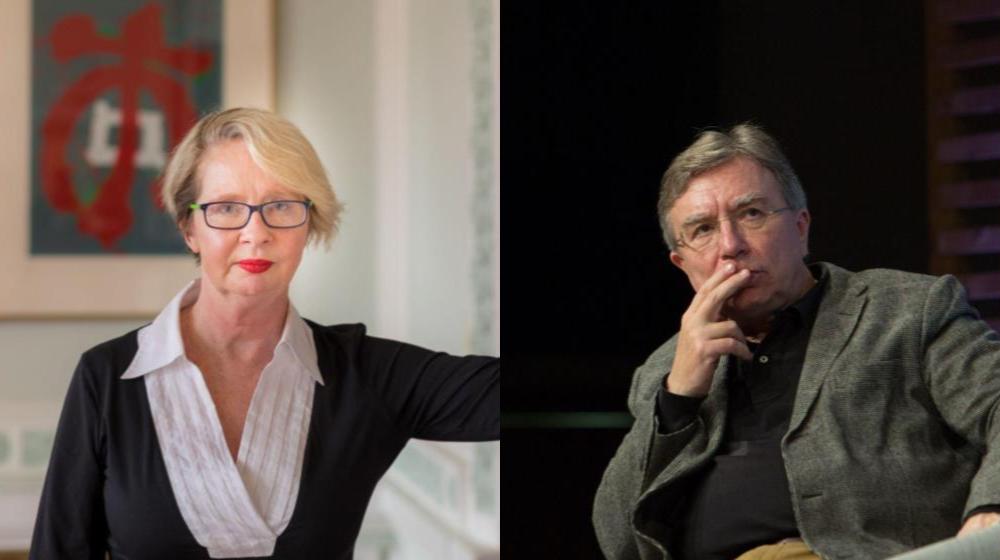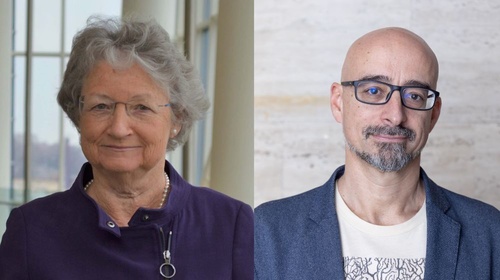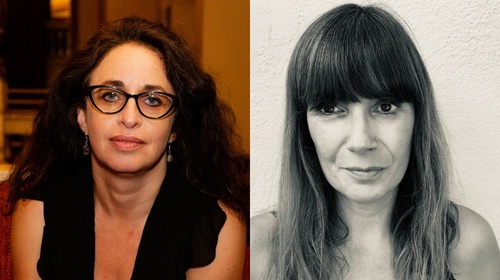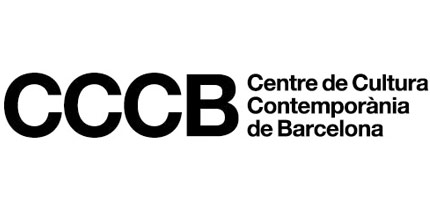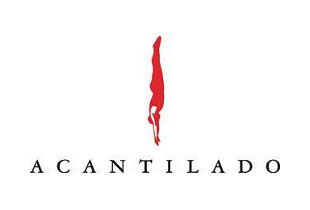Images and Silences of War
Joanna Bourke and Antonio Monegal
Debate
What limits and conditioning factors shape the narratives and images of war? Joanna Bourke and Antonio Monegal discuss the cultural dimension of the military conflict upon the publication of El silencio de la guerra (“The Silence of War”, Acantilado, 2024)
War is a recurrent phenomenon that has been with human societies from their beginnings to the present day. Millions of people live it in their own flesh, but many others experience it through images and stories with important political consequences: the representation of the conflict profoundly determines the opinion of citizens and may (or may not) mobilize them. Joanna Bourke, a specialist in the great war conflicts of the 20th century and in the reflection on violence in contemporary society, talks with the essayist and cultural critic Antonio Monegal following the publication of his latest book, El silencio de la guerra (The Silence of War), about aspects of the culture of war that affect the way in which war is represented and reaches us through history, collective memory and the media, in an attempt to sketch the contours of a possible ethics of representation.
Participants: Antonio Monegal, Joanna Bourke
Related contents
Images and Silences of War
Joanna Bourke and Antonio Monegal
Joanna Bourke, a specialist in the great war conflicts of the 20th century and in the reflection on violence in contemporary society, talks with the essayist and cultural critic Antonio Monegal about aspects of the culture of war that affect the way in which war is represented and reaches us through history, collective memory and the media, in an attempt to sketch the contours of a possible ethics of representation.
